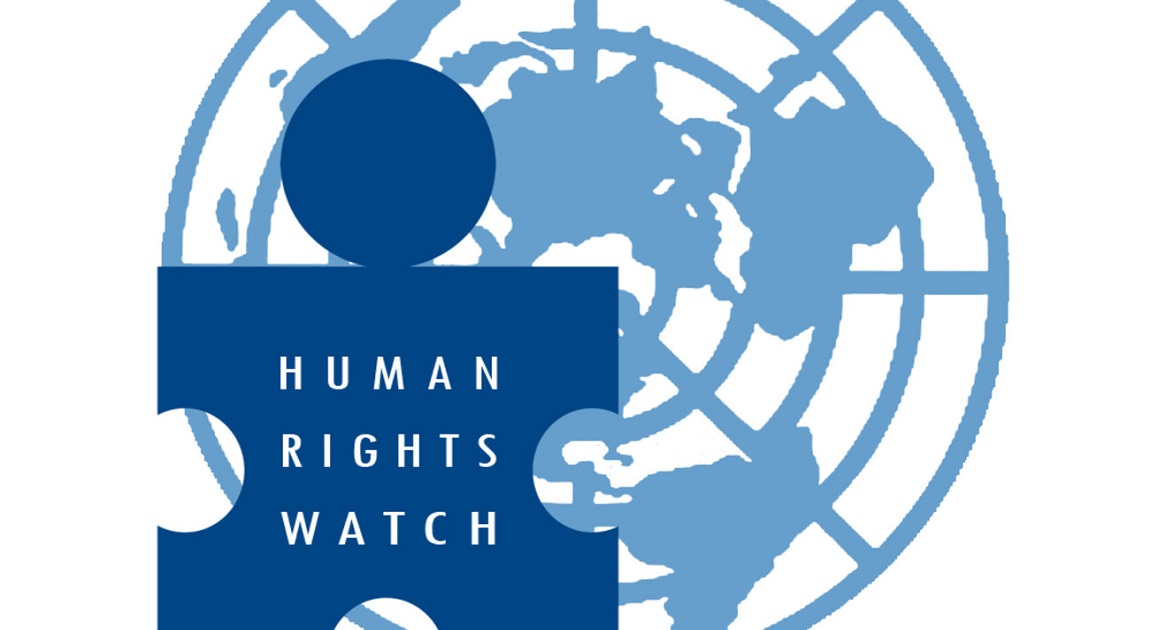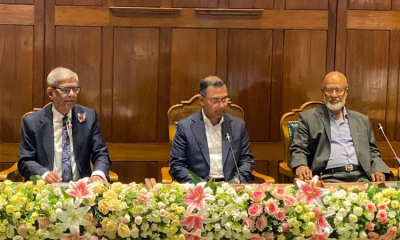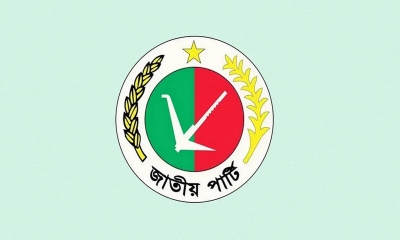Human Rights Watch (HRW) has expressed concern over the increasing use of Bangladesh’s recently amended Anti-Terrorism Act (ATA) to arrest members linked to the Awami League.
According to the report, the United Nations Human Rights Office should immediately call for the release of those unlawfully detained and press the Bangladeshi government to end human rights violations committed under the pretext of curbing political violence.
Following three weeks of violent protests in August 2024 that led to the fall of the Sheikh Hasina government, the interim administration came to power. At least 1,400 people were killed during the unrest. On May 12, 2025, the government invoked a stricter amendment of the ATA to temporarily ban the Awami League, prohibiting all meetings, publications, and online speeches — a law now reportedly being used to arrest party members.
Meenakshi Ganguly, Deputy Director for HRW’s Asia Division, said, “Bangladeshis suffered years of biased governance under Sheikh Hasina. The interim government must not repeat the same mistakes. The UN Human Rights Office should intervene immediately to prevent politically motivated arrests.”
Thousands have been detained so far, and many have been charged in murder cases. Several detainees claimed they were being denied medical care, evoking memories of abuses during Hasina’s rule.
On August 28, police arrested 16 individuals, including journalists and academics, from a discussion organized by Muktijuddho Mancha 71 at the Dhaka Reporters Unity. The event, which focused on Bangladesh’s Liberation War and independence, was reportedly attacked by extremists, yet police detained the participants instead of the attackers. Among those arrested were Dhaka University Professor Sheikh Hafizur Rahman and former minister Abdul Latif Siddique.
The detainees were later charged under the ATA. Police claimed they were inciting violence against the government — an allegation witnesses denied. Tensions rose when journalist Manjurul Alam Panna was brought to court in a helmet and bulletproof vest during his bail hearing.
The 2025 amendment to the ATA — originally enacted in 2009 under the Awami League — has been criticized for being used as a tool of political repression. The Editors’ Council warned that the law could further restrict freedom of speech and press freedom. However, interim Prime Minister Dr. Muhammad Yunus denied such allegations.
Bangladeshi human rights group Ain o Salish Kendra (ASK) reported that at least 152 people have been killed in mob attacks since January this year. A political activist told HRW, “There are only two options now — prison or mob violence. Without fair justice, this situation cannot continue.”
In July 2025, the United Nations and the Bangladesh government signed a three-year memorandum of understanding to enhance human rights cooperation. UN Human Rights Chief Volker Türk said the agreement “sends a strong message about Bangladesh’s commitment to human rights.”
The interim government has pledged to hold a national election in February 2026.
Ganguly concluded, “The Anti-Terrorism Act should not become an instrument of political persecution. The interim government must instead focus on ensuring a safe and participatory election environment.”











-20260217073221.webp)

-20260216115008.webp)



















